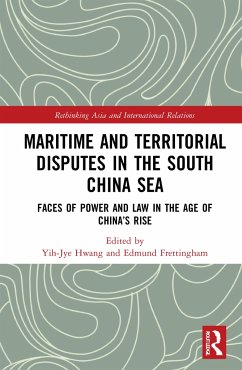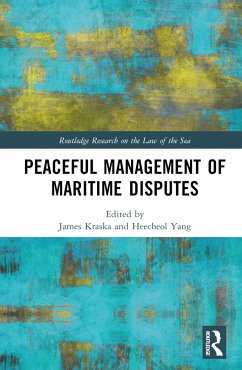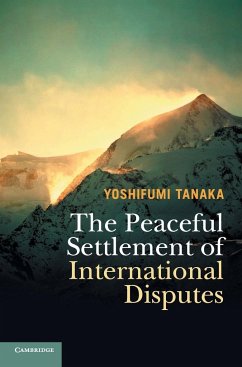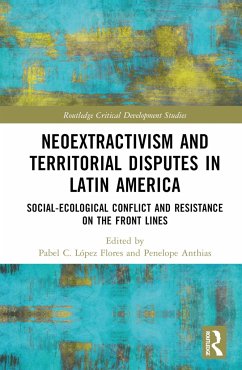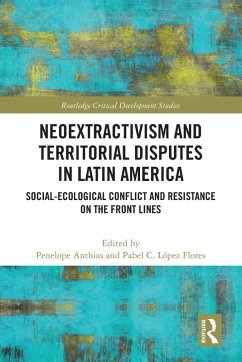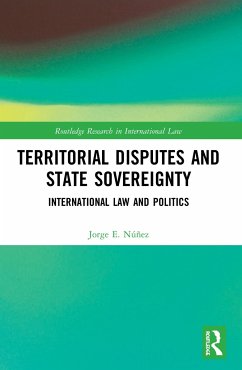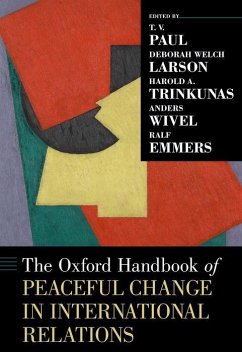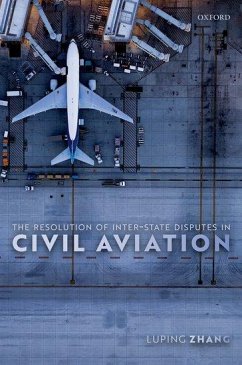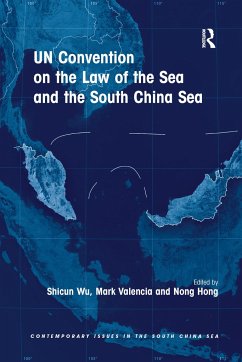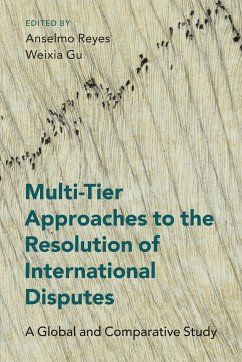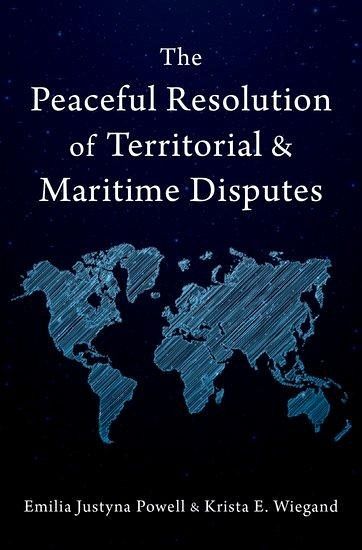
The Peaceful Resolution of Territorial and Maritime Disputes
Versandkostenfrei!
Versandfertig in über 4 Wochen
87,99 €
inkl. MwSt.
Weitere Ausgaben:

PAYBACK Punkte
44 °P sammeln!
When governments of countries involved in territorial or maritime disputes choose to pursue peaceful resolution, there is great uncertainty about whether they can resolve the disputes in their favor. Governments need to decide which path to take in peaceful resolution--bilateral negotiations, mediation, arbitration, or adjudication. The authors argue that two major factors can influence this decision--past experience with specific resolution methods and the relationship between domestic and international law for the countries involved in the disputes. Governments also need to reduce uncertaint...
When governments of countries involved in territorial or maritime disputes choose to pursue peaceful resolution, there is great uncertainty about whether they can resolve the disputes in their favor. Governments need to decide which path to take in peaceful resolution--bilateral negotiations, mediation, arbitration, or adjudication. The authors argue that two major factors can influence this decision--past experience with specific resolution methods and the relationship between domestic and international law for the countries involved in the disputes. Governments also need to reduce uncertainty about winning and losing by framing their claims in certain ways and shaping the procedures of the resolution process to garner more control with the process.




